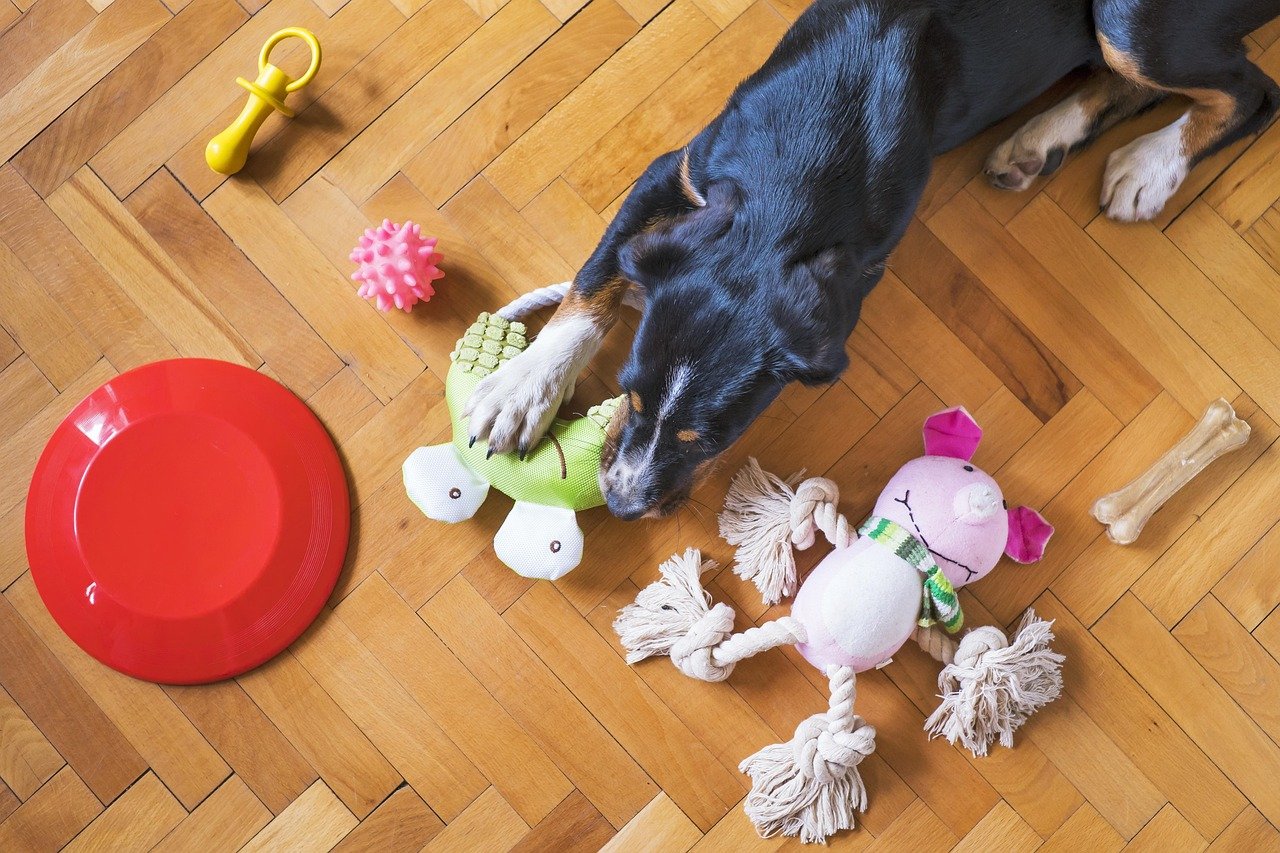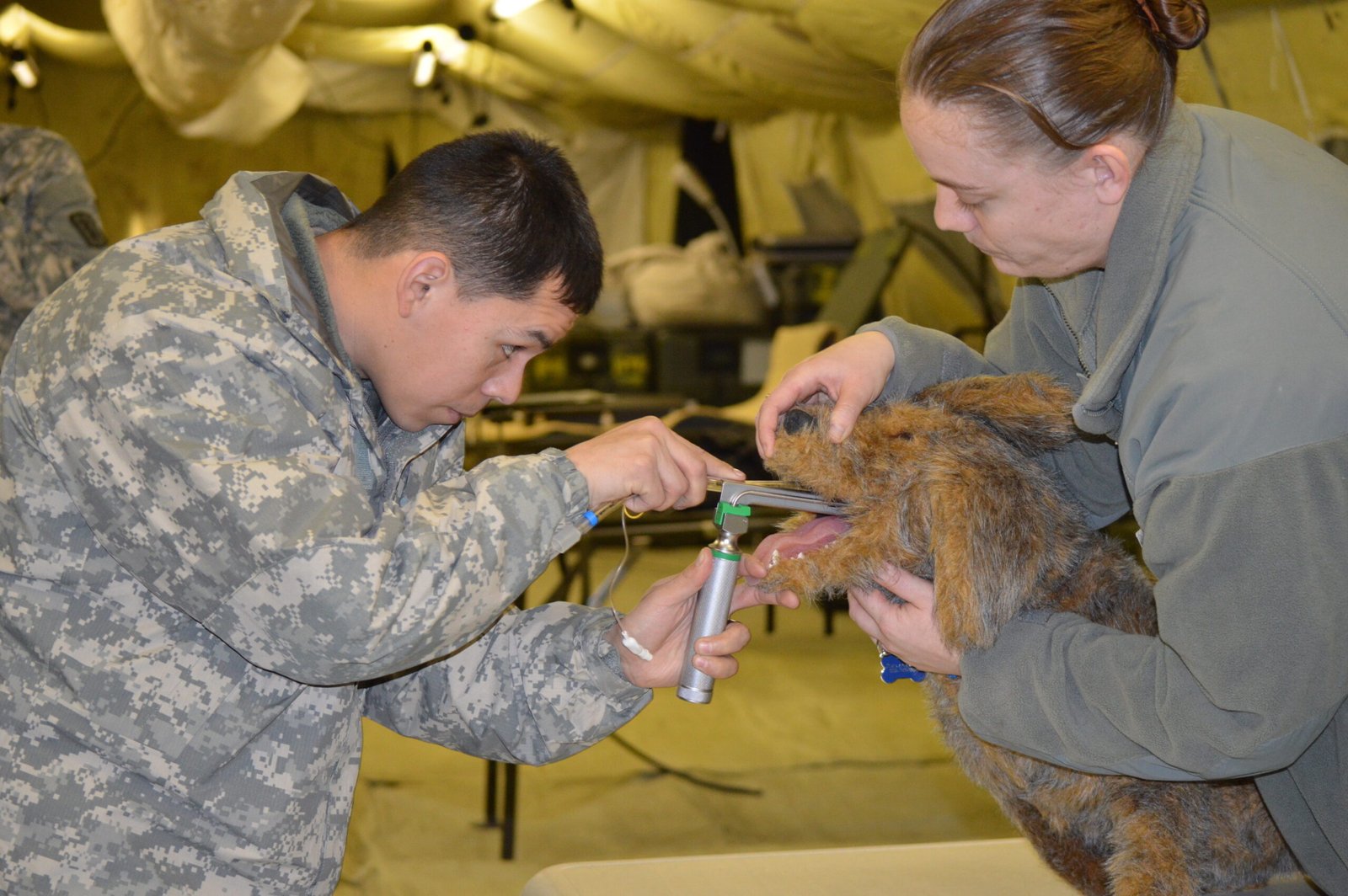As our beloved canine companions start to age, they may face challenges that weren’t present in their younger years. One of the most common issues senior dogs encounter is a decline in cognitive function. Just like humans, dogs can experience memory loss, confusion, and other cognitive impairments as they grow older. However, there are natural ways to help maintain and even improve your senior dog’s cognition, ensuring they continue to enjoy a happy and fulfilling life. These methods not only enhance their mental well-being but also strengthen the bond you share with them. Let’s explore these natural strategies together.
Balanced Nutrition

A well-balanced diet is crucial for maintaining your senior dog’s cognitive health. Just as humans benefit from a diet rich in antioxidants, Omega-3 fatty acids, and essential vitamins, so do our furry friends. Foods rich in antioxidants, like blueberries and spinach, can help combat oxidative stress, a contributor to cognitive decline. Omega-3 fatty acids, found in fish oils, are known to support brain health and improve memory. Incorporating these nutrients into your dog’s diet can make a significant difference in their mental acuity.
Besides specific nutrients, ensuring your senior dog receives a well-rounded diet is equally important. This means providing them with a mix of proteins, carbohydrates, and fats to support overall health. Consulting with a veterinarian can help tailor a diet plan that meets your dog’s specific needs. Additionally, keeping their weight in check can prevent obesity-related health issues, which can further impact cognitive function. Remember, a healthy body supports a healthy mind.
Mental Stimulation

Keeping your senior dog’s mind active is essential for maintaining cognitive health. Mental stimulation can come in many forms, such as puzzle toys, training sessions, and interactive games. These activities challenge your dog’s brain, keeping it sharp and engaged. Puzzle toys, for example, require dogs to figure out how to access a treat, providing both mental exercise and a rewarding experience.
Training sessions are another excellent way to stimulate your dog’s mind. Even if your dog has mastered the basics, teaching them new tricks or commands can be beneficial. It not only reinforces their existing knowledge but also introduces new challenges that keep their brain working. Interactive games, like hide and seek or scent-based games, can also encourage your dog to use their problem-solving skills. The key is to keep activities varied and enjoyable, ensuring your dog’s mind remains active and alert.
Physical Exercise
Regular physical exercise is not just beneficial for your senior dog’s body, but also for their mind. Exercise increases blood flow to the brain, promoting better cognitive function. Activities such as walking, swimming, or playing fetch can help keep your dog’s body and mind in peak condition. It’s important to tailor the intensity and duration of exercise to your dog’s individual needs and abilities, ensuring it’s both safe and effective.
In addition to traditional exercise, consider incorporating low-impact activities that are gentle on aging joints. Swimming is an excellent option as it provides a full-body workout without putting stress on the joints. Gentle walks in new environments can also offer mental stimulation along with physical benefits. Always monitor your dog’s response to exercise and consult with a veterinarian if you notice any signs of discomfort or fatigue.
Social Interaction
Social interaction plays a vital role in maintaining your senior dog’s cognitive health. Dogs are social animals, and regular interaction with humans and other dogs can prevent feelings of isolation and boredom. Social activities stimulate their brain and provide a sense of belonging. Whether it’s a visit to the dog park, a playdate with another dog, or simply spending quality time with family members, these interactions enrich your dog’s life.
Moreover, social interaction can help reduce anxiety, a common issue in aging dogs. Engaging with other dogs and people can provide a sense of comfort and security, enhancing their overall well-being. It’s important to ensure these interactions are positive and stress-free, as negative experiences can have the opposite effect. Encourage socialization in a controlled environment where your dog feels safe and happy.
Aromatherapy
Aromatherapy is a natural remedy that can have calming and stimulating effects on your senior dog’s cognition. Certain scents, like lavender and chamomile, are known for their soothing properties, helping to reduce anxiety and promote relaxation. On the other hand, scents like peppermint and rosemary can have invigorating effects, sharpening focus and mental clarity.
When using aromatherapy with your dog, it’s essential to choose high-quality, pet-safe essential oils. Diffusing these scents in your home or applying them to your dog’s bedding can create a calming or stimulating environment, depending on their needs. Always observe your dog’s reaction to different scents, as some may be more effective than others. It’s also important to consult with a veterinarian to ensure aromatherapy is safe and appropriate for your dog.
Consistent Routine
Maintaining a consistent routine is crucial for your senior dog’s cognitive health. Dogs thrive on routine because it provides a sense of security and predictability. Regular feeding times, walks, and play sessions help establish a stable environment that supports mental well-being. Consistency reduces confusion and anxiety, allowing your dog to focus on enjoying their daily activities.
In addition to daily routines, consider implementing a consistent bedtime ritual to promote restful sleep. Quality sleep is essential for cognitive function and overall health. A calming bedtime routine, such as a gentle massage or quiet time, can help your dog wind down and prepare for a good night’s rest. Consistency in all aspects of your dog’s life creates a stable foundation for their cognitive health.
Supplements

Supplements can be a valuable addition to your senior dog’s diet, supporting cognitive health and overall well-being. Many supplements are specifically formulated to enhance brain function, containing ingredients like phosphatidylserine, ginkgo biloba, and B vitamins. These compounds have been shown to support memory, focus, and overall cognitive function in aging dogs.
Before introducing any supplements, it’s crucial to consult with a veterinarian to determine the most suitable options for your dog’s specific needs. They can recommend the appropriate dosage and ensure there are no potential interactions with other medications your dog may be taking. When used correctly, supplements can be a powerful tool in maintaining and improving your senior dog’s cognition.
Regular Veterinary Check-Ups

Regular veterinary check-ups are essential for monitoring your senior dog’s cognitive health. Routine visits allow your veterinarian to assess your dog’s physical and mental well-being, identifying any potential issues early on. Early detection of cognitive decline can lead to more effective management and treatment options, ensuring your dog maintains a good quality of life.
During check-ups, discuss any changes in your dog’s behavior or cognition with your veterinarian. They can provide guidance on additional strategies to support your dog’s cognitive health and recommend any necessary adjustments to their care plan. Regular veterinary visits are a vital component of maintaining your senior dog’s overall health and well-being.
In conclusion, supporting your senior dog’s cognitive health is a multifaceted approach that involves diet, mental and physical stimulation, social interaction, and regular veterinary care. By implementing these natural strategies, you can help your beloved companion enjoy their golden years with vitality and joy.

Esther is from India; the heartbeat of South Asia, holding a Master’s degree in Zoology and a postgraduate diploma in Animal Welfare. Her enthusiasm for animal welfare drives her passion and dedication to working for animals, ensuring their well-being, and advocating for their rights. With a solid academic background and hands-on experience, she is committed to making a positive impact in the field of animal welfare. In her free time, she enjoys embroidery and sewing. As a Chennaite from Tamil Nadu, Esther loves Bharathanatyam, an Indian classical dance form.





